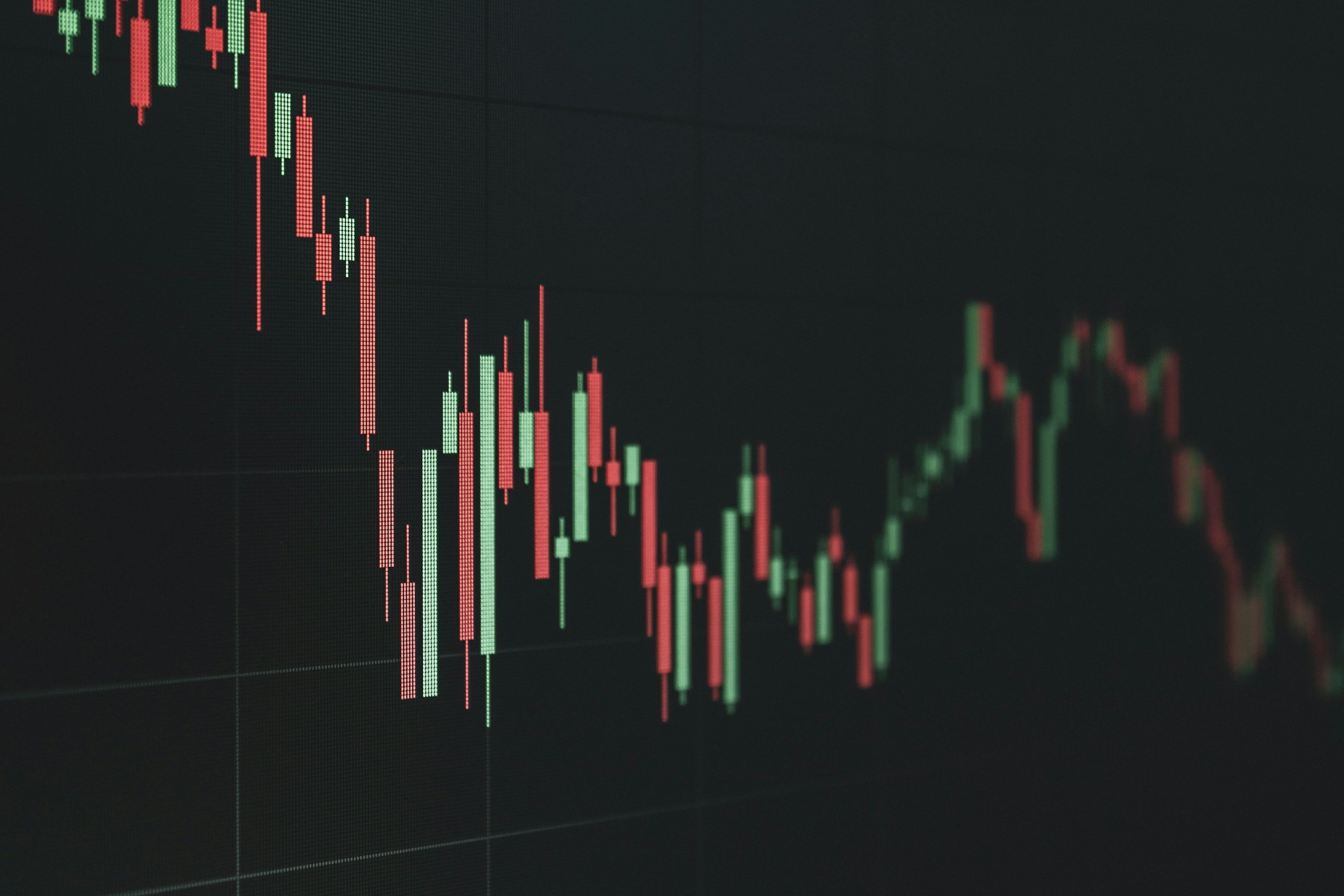GFL Environmental Inc. has announced a strategic relocation of its principal executive offices from Ontario to Miami Beach, Florida. The move, confirmed by company leadership, is designed to align the waste management firm with the eligibility requirements for major United States stock market indices while maintaining its Canadian roots.
Following the news, GFL shares showed positive momentum, climbing 1.06% to close at $44.86. The stock touched a daily high of $44.92, trading well within its 52-week range of $40.83 to $52.00.
Strategic Rationale
The decision to establish a formal headquarters in Florida is primarily a capital markets play. Patrick Dovigi, who founded the company in Vaughan, Canada, in 2007 and currently serves as CEO, explained that the relocation is intended to broaden the company’s appeal to institutional investors south of the border.
“We expect this approach to expanding our index inclusion will increase GFL’s visibility with investors and ultimately broaden our shareholder base,” Dovigi said in a statement.
While the executive team is moving, the company’s legal structure is not changing; GFL will remain legally incorporated in Ontario. This dual structure is critical for maintaining the company’s standing in its home market. Sabahat Khan, an analyst with RBC Capital Markets, noted that retaining Canadian incorporation and a Toronto Stock Exchange listing keeps GFL eligible for domestic benchmarks like the TSX60.
Analyst Outlook and Operations
The pivot to Florida could yield results relatively quickly. Khan highlighted that U.S. indices, specifically the Russell indices, utilize “rules-based” processes for determining membership. Based on these criteria, the analyst projects that GFL is likely to be added to the Russell indices during the next rebalancing period, which is scheduled for June.
Operationally, the move reflects the company’s revenue distribution. The United States already generates more than two-thirds of GFL’s total revenue, with operations spanning 18 states. The company continues to provide comprehensive environmental services in Canada, including liquid waste management and soil remediation, and maintains a significant presence in Quebec through its Matrec division.
Market Performance Snapshot
Trading activity around GFL remains robust, with an average volume of 1.59 million shares. Despite reporting an earnings per share (EPS) of -$3.06, the market appears focused on the company’s growth trajectory and strategic positioning.
Key financial data from the recent session includes:
-
Market Capitalization: $525.39M
-
Short Interest: 7.19M shares (as of 12/31/25), representing roughly 3.12% of the float.
-
Dividend: The company offers a yield of 0.14%, with a dividend of $0.02 recorded alongside an ex-dividend date of January 13, 2026.
GFL Environmental continues to operate through three primary segments: Solid Waste, which covers hauling and landfill operations; Environmental Services; and Corporate.

